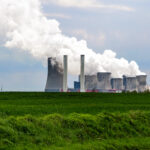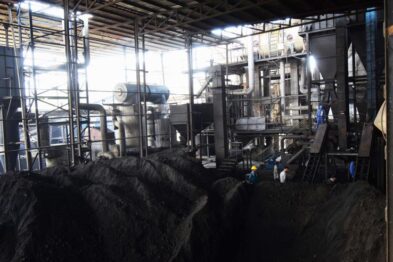Climate change is making monsoon rains in India’s financial capital Mumbai deadlier, mostly for poor people, according to a report released Wednesday by the University of Chicago.
The case study analysed extensive data to estimate the population-wide impact of rainfall and floods on mortality in Mumbai, a city of 22 million people.
It provides a stark warning for other coastal megacities worldwide: climate-driven floods are an “escalating public health threat” as the heating planet is bringing heavier rains and causing sea levels to rise.
South Asia’s annual monsoon rains sustain more than a billion people, but climate change is making them increasingly erratic and deadly, with poor infrastructure exacerbating the impact.
“Rainfall is leading to more deaths in Mumbai,” says the report, which was published in Nature.
It notes that “vulnerable groups such as the poor, young children and women” are experiencing the greatest impacts.
Rainfall-driven flooding in Mumbai is responsible for roughly eight percent of all deaths during the monsoon season, representing 2,300-2,700 lives lost annually between 2006 and 2015, the researchers found, a toll “comparable to cancer deaths”.














